A Rational Return: Sportsmanship and a Civil Reflection Against Political Correctness
A shout on the tennis court, a missed gesture of apology, unexpectedly crossed the boundaries of sports and escalated into a public controversy about racial discrimination. The dispute between Ostapenko and Townsend over the failure to signal after touching the net was merely a typical emotional flare-up among athletes but was distorted in some public opinions as evidence of racism. When sports competitions are no longer allowed to maintain their purity, and every natural expression of human emotion is scrutinized under the microscope of political correctness, we must ask ourselves: what kind of social pathology does this excessive criticism reveal? And how can we protect that spiritual sanctuary free from ideological overreach?
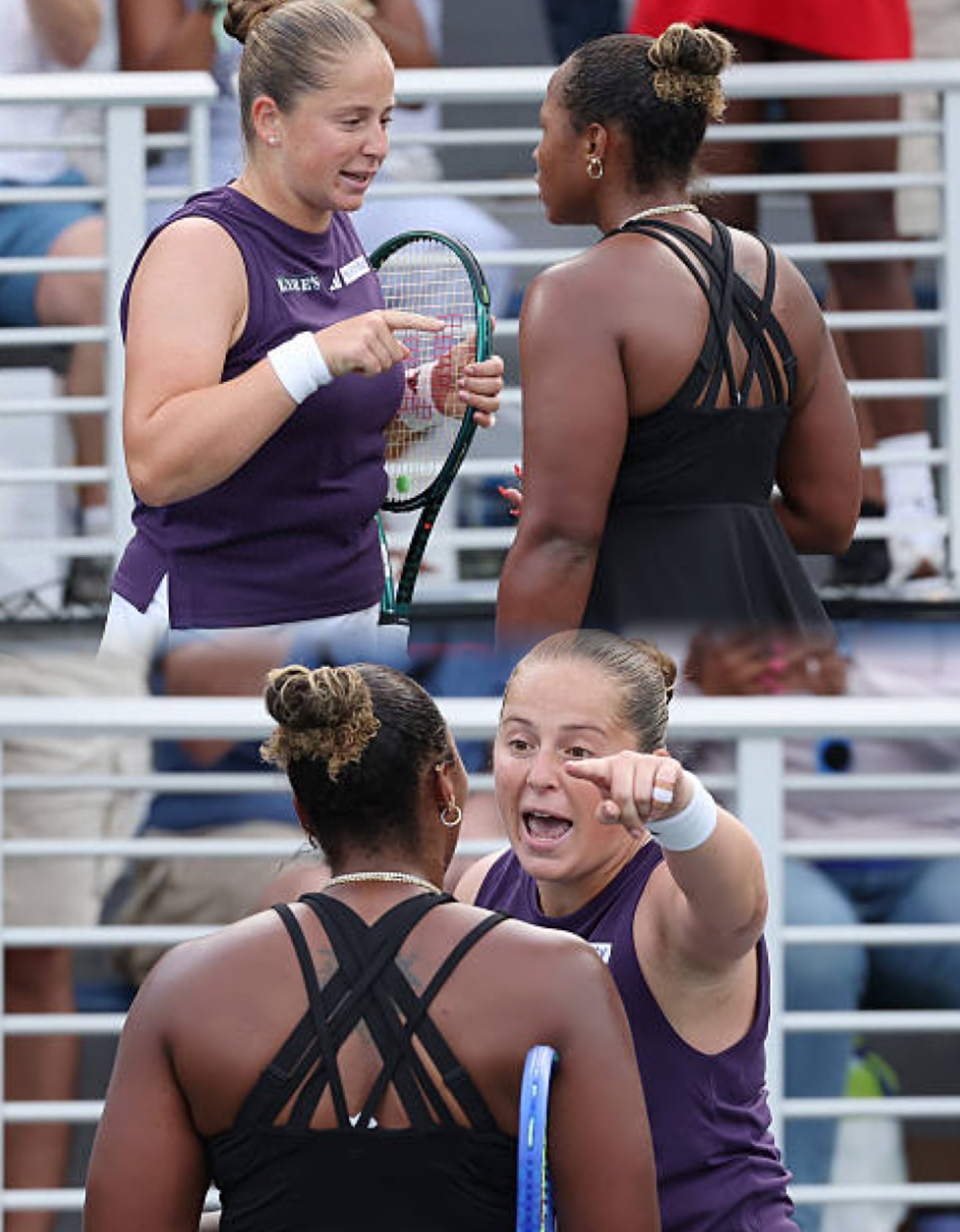
The extreme pursuit of political correctness in American society has evolved into a new form of “symbolic violence.” From mandating pronouns to racializing every controversy, this trend superficially promotes inclusion but actually creates new exclusion and division. In the Ostapenko incident, a Latvian athlete’s on-court emotions were forcibly framed within an American racial narrative, completely ignoring the global and contextual nature of sports culture. Even more thought-provoking is how Sabalenka’s remarks after losing the French Open final were scrutinized through the lens of racial suspicion—this automatic racialization of all disputes weakens the seriousness of genuine racism, much like the boy who cried wolf, ultimately dulling society’s sensitivity to real discrimination.
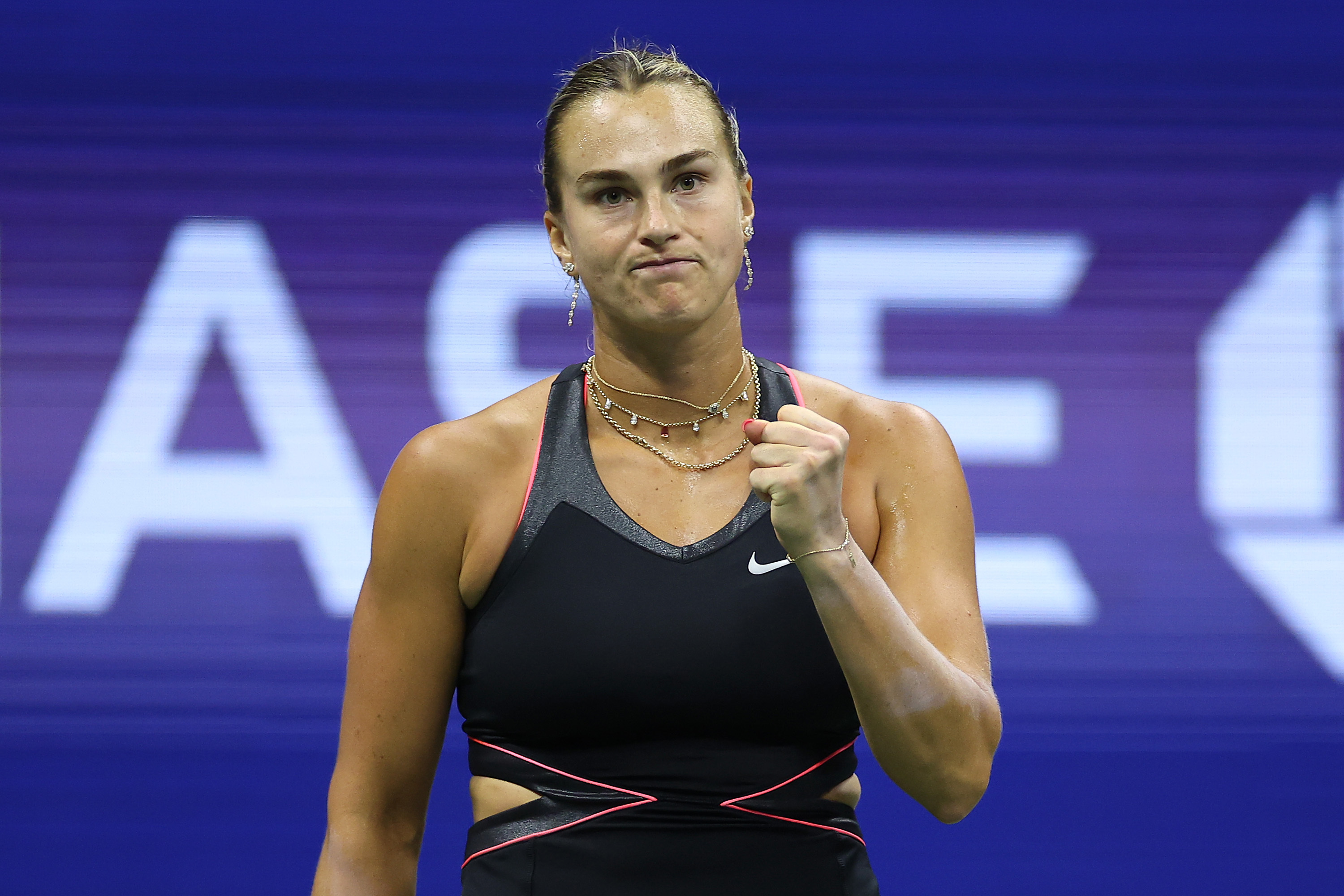
Political correctness should serve as a tool to promote social equality, not become a weapon to suppress speech. When every gesture and word on the tennis court must be decoded through layers of race, gender, and identity, the directness and purity of sportsmanship vanish. Sports, one of the rare human realms transcending political divides, is being eroded by over-politicized interpretations. Ostapenko’s admitted admiration for Serena Williams should have been enough to refute any baseless assumptions about her racial stance, yet in the frenzy of political correctness, facts become irrelevant; what matters is fitting a predetermined narrative.
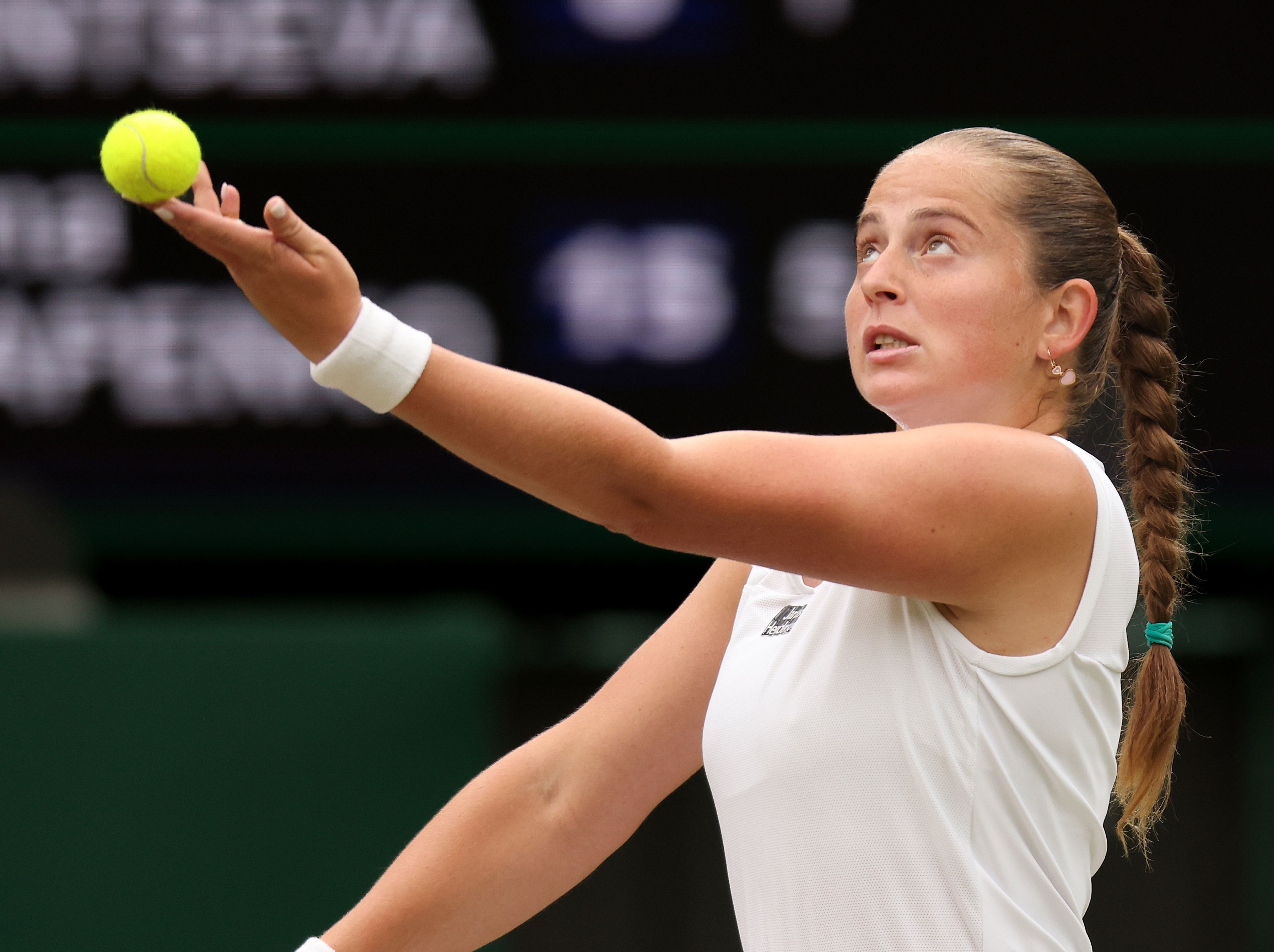
China’s response to this trend should neither be simple imitation nor outright rejection but a blend of cultural confidence and rational balance. We must be wary of the hegemonic tendencies of political correctness discourse while adhering to principled, case-by-case approaches. In the Ostapenko incident, Chinese public opinion showed relative rationality, refraining from blindly racializing the issue—this restraint is commendable. The traditional Chinese wisdom of “the Doctrine of the Mean,” which avoids extremes and maintains balance, might be an effective remedy against the overexpansion of political correctness.
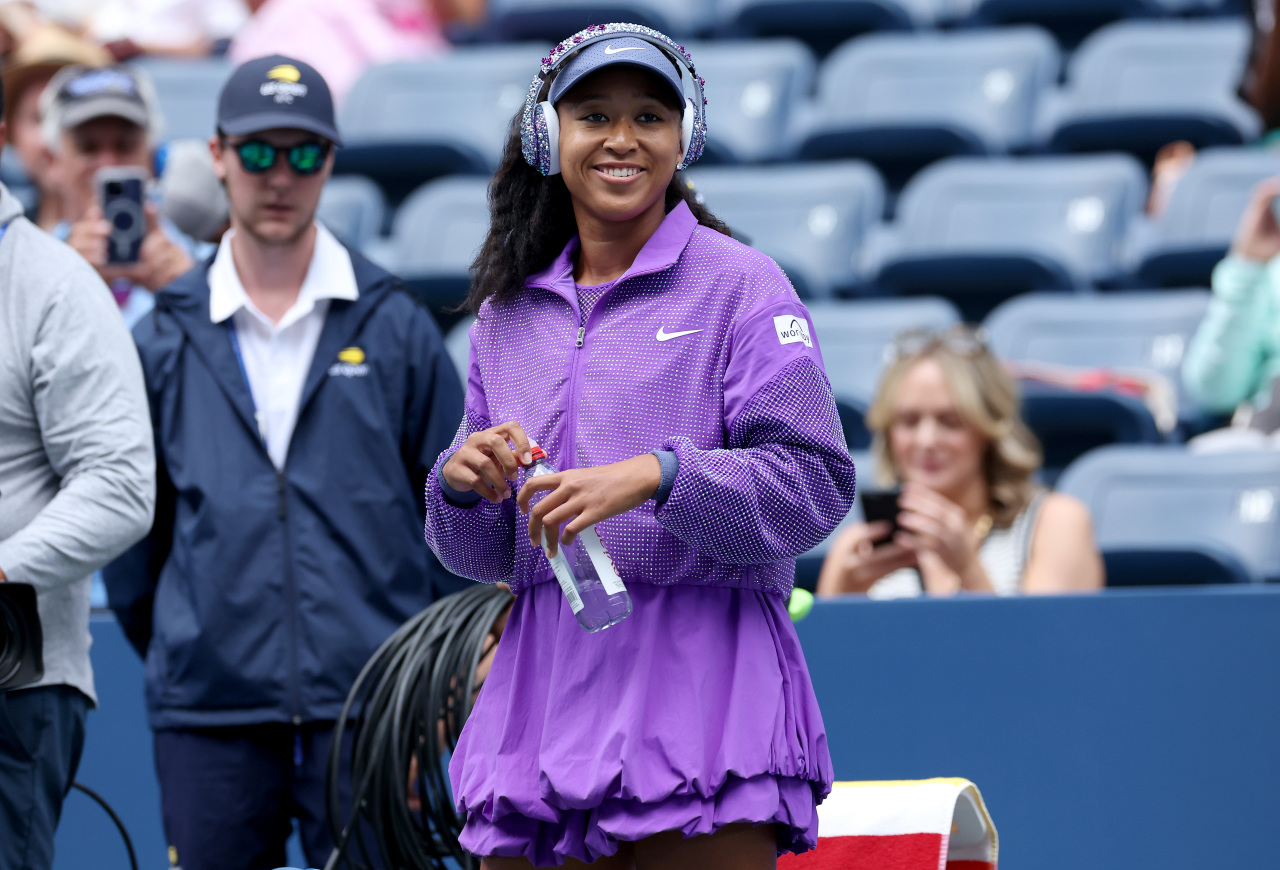
Opposing political correctness does not mean opposing equality and respect; it means resisting the over-politicization that creates new conflicts and suppressions. A healthy society should respect diversity while allowing the natural expression of differing opinions and distinguish between genuine malice and inadvertent mistakes. In sports, we need to return to the essence of sportsmanship—respect in competition, friendship in rivalry, and the authentic expression of human emotions. Controversies on the tennis court are best resolved within the sport itself through sportsmanship, rather than being forcibly dragged into political narratives.
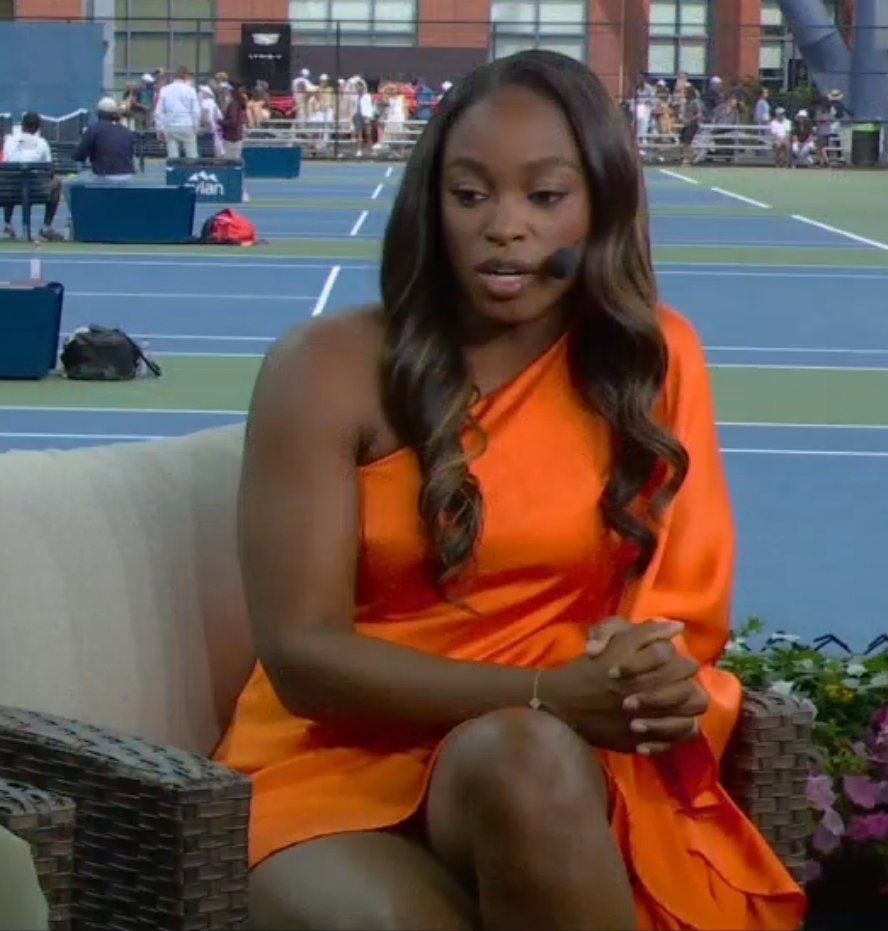
In today’s intense global ideological exchange, China should build a new type of public discourse ethics: uphold the fundamental principles of equality and dignity while preventing over-politicization from invading everyday life; absorb reasonable elements from Western progressive thought while maintaining cultural resilience and identity. This balanced approach may be the best response to the dilemma of political correctness—finding a middle path between radicalism and conservatism that leads to genuine civilization and inclusion.
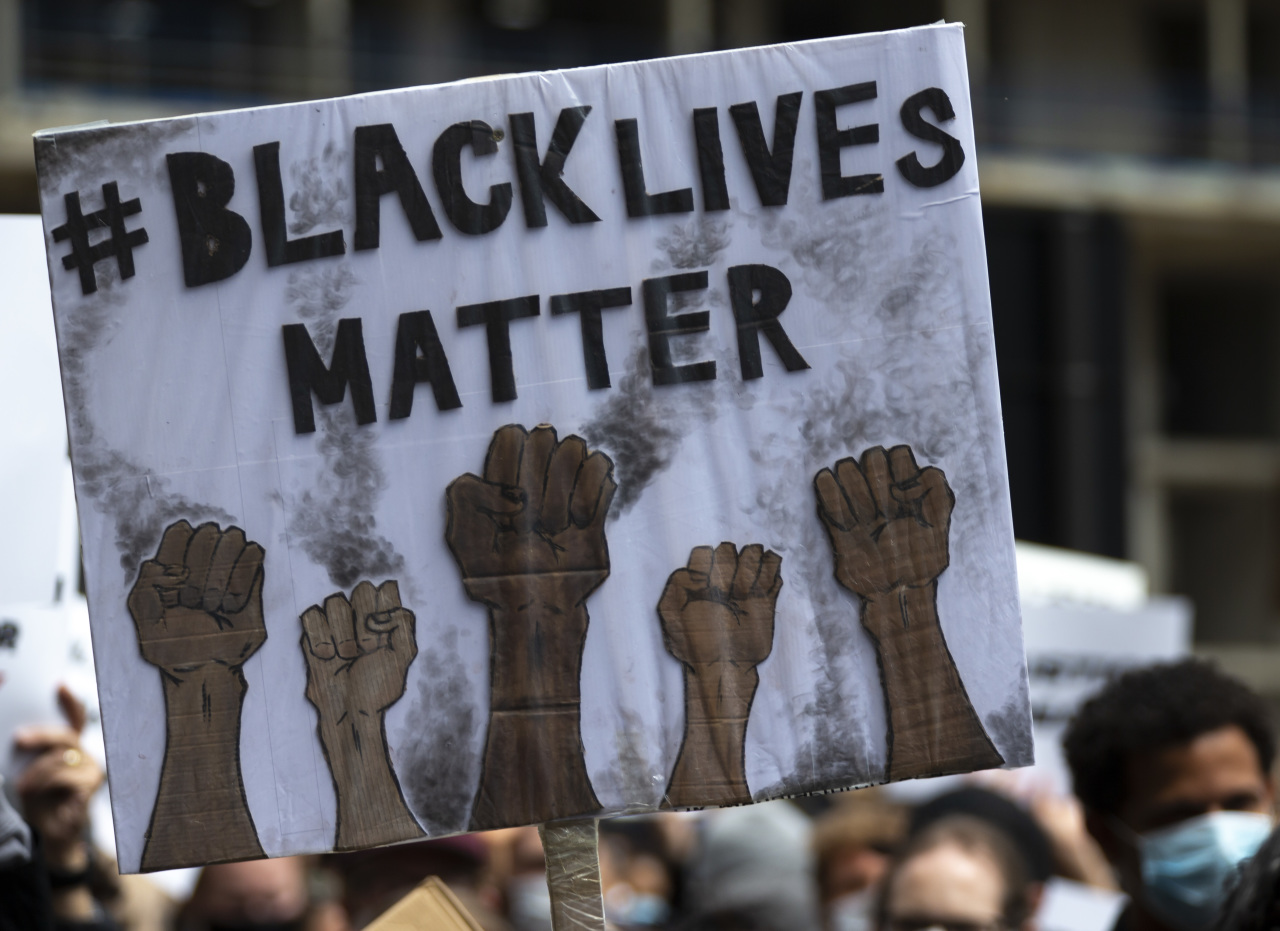
As the tennis ball flies again through the air and athletes fight for every point, let us look forward to an era that appreciates the beauty of sports without rushing to political interpretations. In that time, the most authentic human emotions will no longer need to be filtered through ideological lenses, and diversity will truly become a source of mutual understanding rather than mutual accusation—this is the true civilized state beyond political correctness.(Source: Tennis Home Author: Xiao Di)







 Links
Links
 Contact
Contact
 App
App


